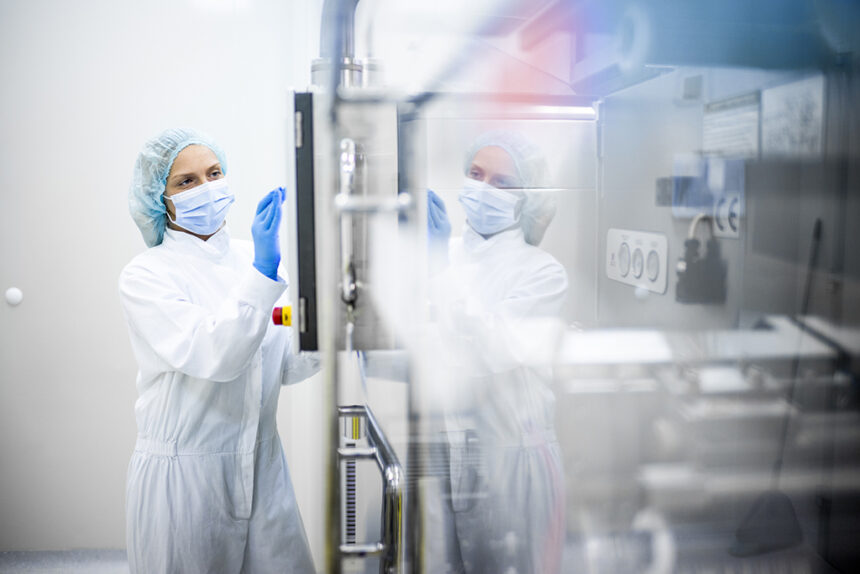Sanofi has sealed a $150 million licensing deal to gain access to Maze’s glycogen synthase 1 (GYS1) program, landing the company’s lead candidate MZE001 in the process.
The licensing agreement stipulates that Sanofi will provide $150 million in upfront cash and equity investment, with additional $600 million in milestones later on down the road, the companies announced Monday.
MZE001 is an oral GYS1 inhibitor that attempts to reduce glycogen accumulation in people with Pompe disease, a rare genetic disorder that causes heart and skeletal muscle weakness. Pompe disease is caused by gene mutations that reduce an essential enzyme known as acid alpha-glucosidase (GAA), resulting in damage to the heart and skeletal muscles.
In March, Maze revealed promising results from its Phase I clinical trial of the drug, which found it was well tolerated at 720 mg twice a day. MZE001 also showed efficacy in lowering blood and muscle glycogen levels.
With the licensing agreement, Sanofi will be spearheading the Phase II trial, though an exact date for its start hasn’t been disclosed.
In a statement, Maze CEO Jason Coloma said the deal will help Maze shift its focus to “more common disorders,” where ultimately the company can apply its expertise and resources to positively impact patients.
“Sanofi is a leading global healthcare company with deep experience working with this community and the ideal partner to continue the advancement of MZE001,” Coloma continued.
Karin Knobe, global head of clinical development rare diseases and rare blood disorders at Sanofi, noted in a statement that MZE001 has demonstrated “meaningful preclinical proof of concept by inhibiting GYS1, a validated, genetic driver of Pompe disease.”
Sanofi has been on a run in the last year to strike strategic licensing deals and acquisitions.
In December, the company announced it was licensing Innate Pharma’s natural killer (NK) cell engager program for $26.6 million upfront.
In March, Sanofi put down $2.9 billion to snap up Provention Bio, as it aimed to boost its diabetes offerings. Provention Bio has been developing type 1 diabetes treatments, including TZIELD, which was approved by the Food and Drug Administration (FDA) last year.
Sanofi recently reported an 8.7% increase in its Q1 earnings, with revenues rising 5.7%. Much of that uptick could be linked to its eczema and asthma drug Dupixent, which saw a 43.5% rise in revenue.







